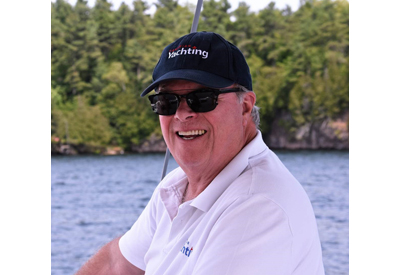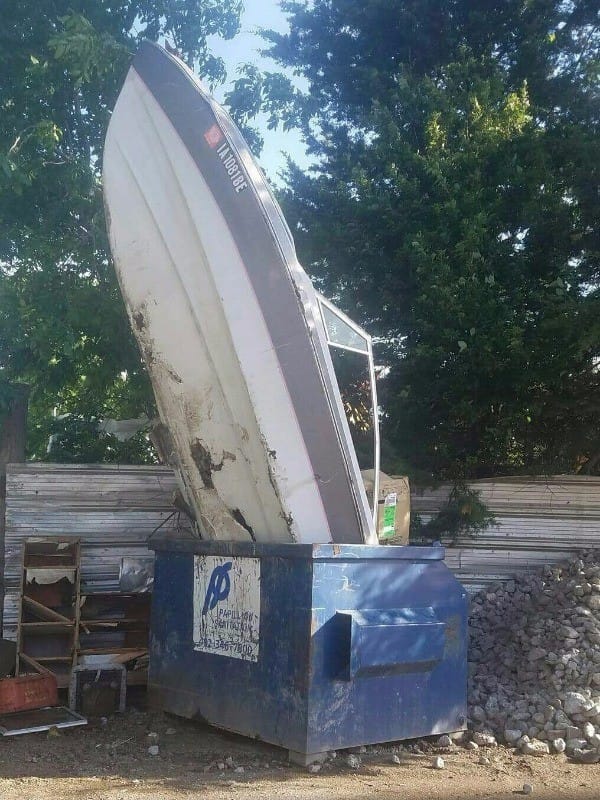Communicating with your boaters on fuel and end-of-life boats

Apr 20, 2021
As we come to the start of the season, we have a very timely story from NMMA Canada who is alerting us to the fact that we are likely to see E15 level fuel in the Canadian market this summer. Any marine technician will tell you that running E 10 can be damaging to marine engines and other machines like lawnmowers, chainsaws and snow machines.
This would be a good time to communicate with your customers to explain why purchasing ethanol-free marine fuel from a reputable Marina is an important decision, especially from a safety perspective. Non-marine fuel can cause an engine problem that could leave boaters stranded and in danger unexpectedly.
Understandably, gasoline is more expensive in a Marina because the Marina operator goes to a lot of trouble to get ethanol-free gasoline and because the Marina probably only sells a small quantity of gasoline compared to the year-round sales at a roadway gas station. It’s important to explain why Marina pricing may be significantly higher. Many boat owners will use fuel that they’ve purchased from a roadway gas station not understanding the difference.
Another subject that boaters are probably not familiar with, is the whole issue of end-of-life boats, abandoned boats and boats that need to be recycled. My son shared the image below with me this week. It was something he found on the Internet. Obviously, this is the wrong way to dispose of an old boat, but it reminds us to tell our customers what their obligations are as boat owners, to either sell or responsibly dispose of a boat it’s no longer wanted. It can’t just go into the bin!
Hopefully, these two points help the marinas to sell more fuel this summer and to get ahead of the issue of end-of-life boats.
Andy Adams – Editor



























